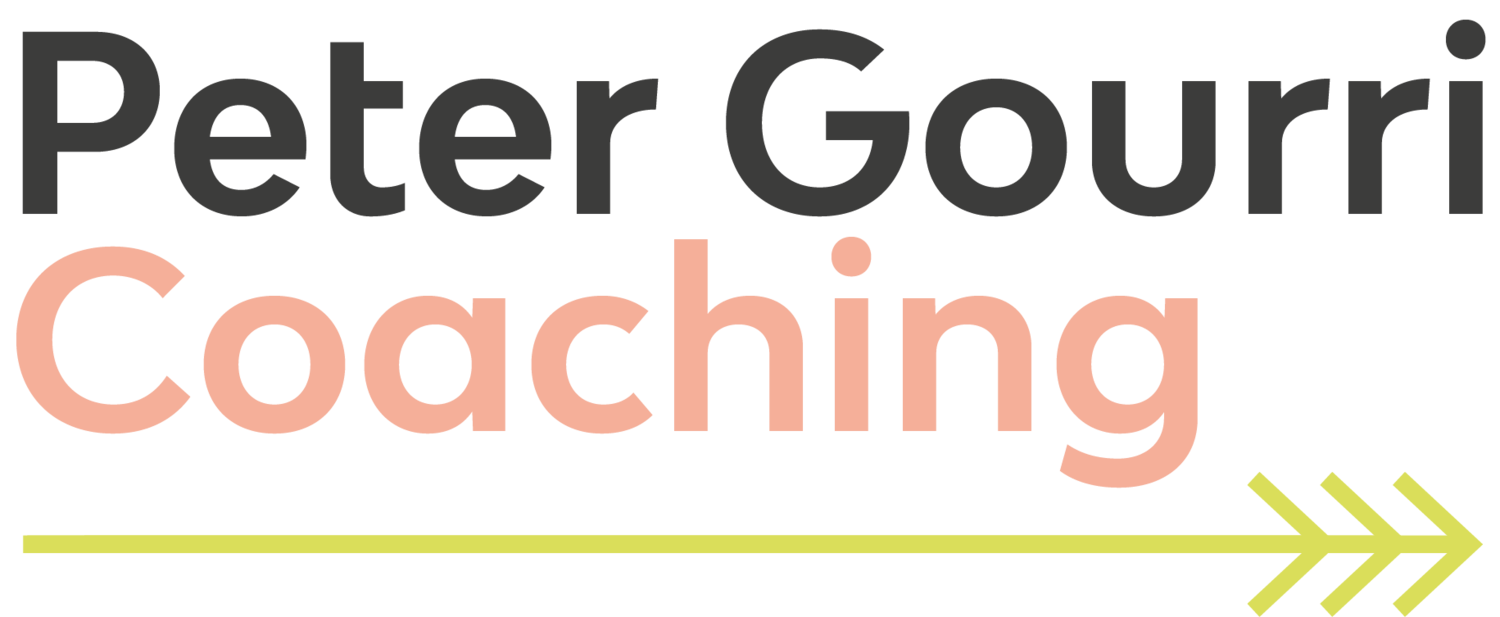Overcoming Burnout
Being overwhelmed and burnt out was commonplace when I was a lawyer in private practice. Individuals had their different ways of dealing with it: exercise, hobbies, alcohol, anger, and, in the worst cases, mental health issues. Such situations can cost businesses wasted time and the loss of effective, efficient, and productive time. More importantly, it isn’t a pleasant experience on a human level but can be overcome with healthy practices, creating a more positive and productive workplace environment.
Being overwhelmed and burnt out was commonplace when I was a lawyer in private practice. Individuals had their different ways of dealing with it: exercise, hobbies, alcohol, anger, and, in the worst cases, mental health issues. Such situations can cost businesses wasted time and the loss of effective, efficient, and productive time. More importantly, it isn’t a pleasant experience on a human level but can be overcome with healthy practices, creating a more positive and productive workplace environment.
Everyday experiences in today's fast-paced world often result from prolonged stress, excessive workload, and a lack of balance between personal and professional life. Here’s a brief breakdown of both, as well as some potential solutions to help avoid and alleviate them:
Overwhelm
Overwhelm can occur when tasks or emotions feel unmanageable due to volume or complexity. It's typically a short-term response to stress, but it can lead to burnout if left unmanaged. Signs of overwhelm include:
- Feeling constantly behind or unable to catch up
- Difficulty focusing or prioritizing tasks
- Anxiety, irritability, or frustration
- Physical symptoms like headaches or muscle tension
There are numerous ways to manage overwhelm, but here are a quick few to help you along:
- Break tasks into smaller steps: Focus on one thing at a time.
- Set boundaries: Learn to say no or delegate tasks.
- Take breaks: Step away when stress builds up to reset your focus. A quick walk can do wonders.
- Practice mindfulness: Techniques like deep breathing can help manage anxiety in the moment.
Burnout
Burnout is a state of emotional, mental, and physical exhaustion caused by prolonged, excessive stress. It develops over time, leading to disengagement from work or daily responsibilities. Common signs include:
- Chronic fatigue and lack of energy
- Decreased performance and motivation
- Emotional numbness or feeling detached
- Physical symptoms such as insomnia, frequent illness, or digestive issues. In worst cases, the stress caused by burnout can contribute to the onset of Type 2 diabetes.
Ways to recover from burnout:
- Prioritize rest and recovery: Sleep and relaxation are essential to recharge.
- Set realistic goals: Align your workload with what is sustainable.
- Reconnect with what brings joy: Engage in hobbies, social activities, or self-care.
- Seek support: Talk to a coach, counselor, therapist, or trusted friend about your feelings.
Understanding these states can help you recognize when you’re approaching them and take steps to prevent or recover from them. I’m curious: What strategies have you found effective in managing overwhelm and burnout? If you're comfortable, please share your experiences.
OVERWHELM!
It's a funny old world at the moment, and noticeable how many people find themselves in a feeling of overwhelm for a variety of reasons. But what does that mean exactly?
It's a funny old world at the moment, and noticeable how many people find themselves a feeling of overwhelm for a variety of reasons. But what does that mean exactly?
It is an individual thing, and the definition is broad, but a simple one is that overwhelm most commonly means to cause to be overcome with emotion as a result of an amount of something (work, stress, etc.) that's just too much to handle. And you shouldn't feel ashamed of feeling overwhelmed or consider yourself weak or unable to cope. It can happen to the best of us, and we all react differently.
I have a challenge for you. Give yourself a break and take a moment to get some elevation as to everything going on.
Instead of feeling like everything is coming at you at a hundred miles per hour, and building up anxiety, take a moment, breathe deeply, write down each task or issue to be completed and instead of feeling like the whole world is on your shoulders, look upon each of these as a small matter to be overcome.
More times than not, this approach will help to make your professional and personal life more manageable, releasing the negativity that is taking up your energy and hopefully leading to a much more fulfilled existence.
And remember, give yourself a break! You deserve it.



